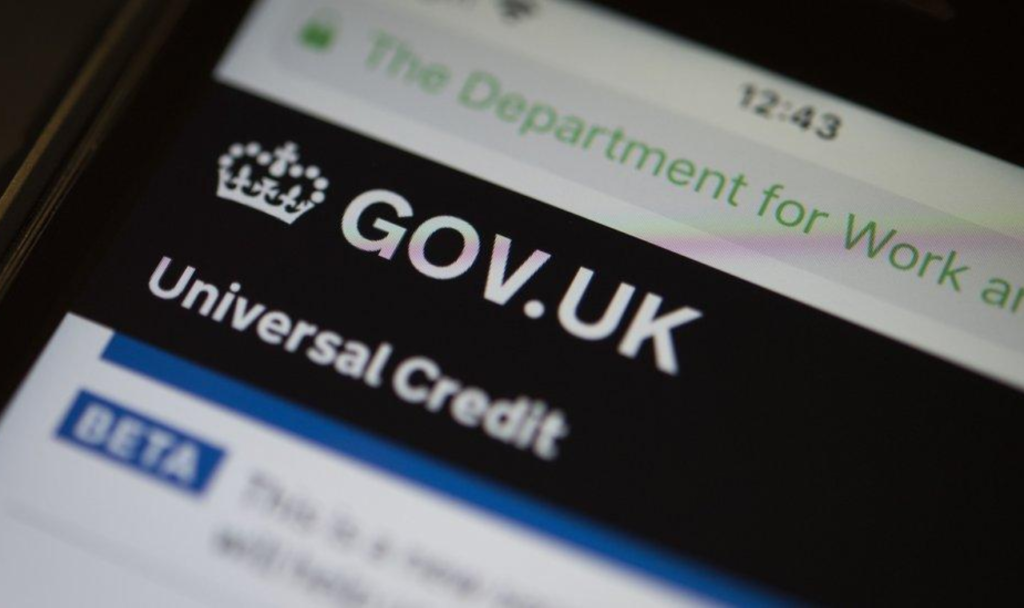Universal Credit (UC) is a financial support system provided by the UK government to help people on low incomes, those who are unemployed, or individuals unable to work due to specific circumstances. It replaces several legacy benefits, including Jobseeker’s Allowance, Income Support, Housing Benefit, and Tax Credits.
This article explores who can claim Universal Credit, how much you could receive, and recent changes to the system.
Who Can Claim Universal Credit?
To be eligible for Universal Credit, you must meet the following criteria:
- Age Requirement – You must be at least 18 years old (exceptions apply for 16- and 17-year-olds in specific circumstances).
- Under State Pension Age – Those who have reached the State Pension age are generally ineligible.
- Residency – You must live in the UK.
- Savings and Capital – If you have savings or investments above £16,000, you will not qualify.
- Work Status – You can be employed, self-employed, or unemployed, but your earnings and work hours impact how much you receive.
Certain groups, such as full-time students, may qualify under specific conditions. You can check your eligibility on the UK government website.
How Much Universal Credit Will You Get?
Universal Credit payments are based on a standard allowance plus additional amounts depending on your circumstances.
Standard Allowance (per month)
- Single under 25 – £292.11
- Single 25 and over – £368.74
- Couple both under 25 – £458.51 (for both)
- Couple where one or both are 25 or over – £578.82 (for both)
Additional Elements
You may receive extra financial support based on your needs:
- Child Support – If you have children, you could receive:
- £315 for the first child (if born before April 2017)
- £269.58 for each additional child
- Childcare Costs – Up to 85% of childcare costs can be covered (max £951 for one child or £1,630 for two or more).
- Housing Costs – Assistance with rent or mortgage interest may be available.
- Disability or Health Conditions – If you have a disability or long-term health condition that limits your ability to work, you may get extra payments.
- Carer’s Element – If you care for someone for at least 35 hours a week, you may receive an additional £185.86 per month.
A full breakdown of payments can be found on the official government page.
How Universal Credit is Paid
- Payments are made monthly directly into your bank account.
- It can take up to five weeks to receive your first payment. If needed, you can apply for an advance to cover this waiting period.
- If you’re struggling, you can request Alternative Payment Arrangements, such as more frequent payments or having rent paid directly to your landlord.
For more details on how payments work, visit gov.uk.
Recent Changes to Universal Credit
The UK government has introduced several changes to Universal Credit, with more adjustments coming in the next few years.
Increase in Universal Credit Payments
- From April 2026, the standard allowance for a single person aged 25+ will increase by £7 per week, rising from £91 to £98.
- By 2029, the increase will amount to an additional £775 per year.
Changes to Work Capability Assessments (WCA)
- By 2028, the Work Capability Assessment (WCA) will be scrapped and replaced by the Personal Independence Payment (PIP) assessment.
- This change is intended to simplify the system, but it may alter eligibility for those receiving extra support due to health conditions.
Tighter Eligibility for Personal Independence Payments (PIP)
- From November 2026, eligibility for PIP will be restricted.
- The aim is to reduce benefit dependency, but critics warn this could affect those with disabilities who rely on financial assistance.
New Employment Initiatives
- A “Right to Try” Work Initiative will allow disabled individuals to attempt working without facing immediate benefits reassessments.
- A Youth Guarantee Scheme will be introduced for 18 to 22-year-olds to support job opportunities.
For a full list of upcoming changes, check out The Guardian’s report.

How to Apply for Universal Credit
Applying for Universal Credit is straightforward, but you need to have the right documents ready.
Steps to Apply
- Online Application – You can apply through the official Universal Credit portal.
- Provide Key Information – You’ll need:
- National Insurance Number
- Bank details
- Income details (if applicable)
- Rent or mortgage costs
- Attend an Interview – A work coach may contact you to verify your claim.
- Wait for Approval – If approved, you’ll receive your first payment in five weeks.
Concerns and Controversies
Universal Credit has been controversial since its introduction. While it aims to streamline the benefits system, concerns remain:
- Delays in Payment – The five-week wait has caused financial hardship for many.
- Tougher Sanctions – Claimants must meet work-related requirements, or they risk having payments reduced.
- Disability Concerns – Upcoming changes to assessments could impact financial support for disabled individuals.
Final Thoughts
Universal Credit is a vital financial lifeline for millions across the UK. However, changes are coming that could impact many claimants. If you think you’re eligible or need support, it’s important to stay informed and seek advice.

Pankaj Kumar is a journalist at Chandigarh X, covering admit cards, recruitment, and government schemes. His articles provide readers with detailed insights into application processes, eligibility, and exam updates.
Outside of work, Pankaj enjoys traveling, fitness, and cricket, often participating in local matches on weekends.



